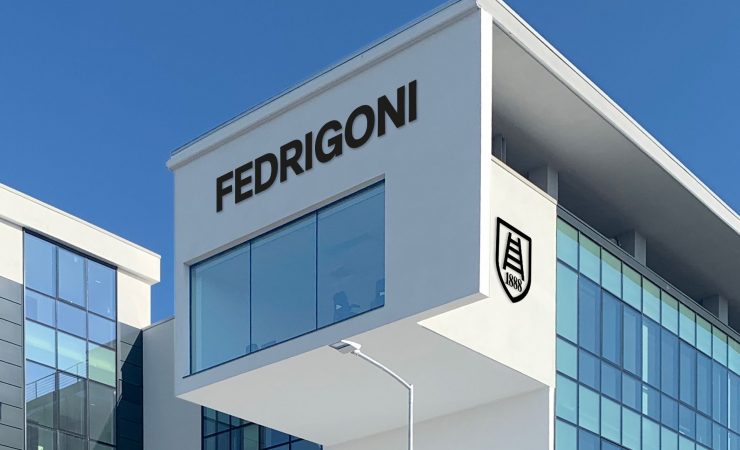Despite the impact of the Coronavirus pandemic Fedrigoni has announced that its turnover has grown by almost exactly €200million. The company closed 2020 with a turnover of €1,315.2million, compared to €1,115million in 2019.
The Italian firm, which also announced a Pro Forma Adjusted Ebitda of €197.2 million for that period, has also seen a strong start to 2021. Although the pandemic saw turnover in the first quarter of the year fall to €360.4 million, it was €363.6 million in the same period of 2020, the company recorded an increase in Adjusted Ebitda in the period March 2020 to March 2021 of 11.3% (€48.3 million in 2021 compared to €43.4 million in 2020), a Pro Forma Adjusted Ebitda from March 2020 to March 2021 of €205.8 million (+4.4% compared to 2020) and a reduction in net financial debt.
Fedrigoni employs more than 4000 people across 25 countries, 34 production plants and cutting centres. It noted that its growth in turnover is in no small part thanks to the successful acquisition of the Ritrama Group and IP Venus Group.
‘The drop in paper orders and the downturn in the banknote sector were offset by excellent results in the premium self-adhesive solutions sector,’ said Fedrigoni CEO Marco Nespolo, ‘whose margins grew by double digits, placing us in third place globally. Las year was undoubtedly a year of great intensity, but all the necessary measures were immediately put in place to protect the health of our 4000 employees around the world and to ensure business continuity: the pandemic did not cause us to deviate one step from the transformation path laid out in the 2020-2023 business plan.
‘We wanted to honour all our commitments,’ Mr Nespolo concluded, ‘and this meant increasing investments more than expected on all fronts, to make the most of our soundness and gain further market shares, accelerating the main strategic lines of our growth plan. We worked on attracting talent and strengthening management, launched a new global image, and invested in increasingly sustainable and circular product innovation. We invested in plant and technology, processes and organisational models, support systems and skills, and intensified our acquisition plan to strengthen our global positioning and expand our portfolio in attractive segments such as packaging for luxury brands and labels for the wine industry.’

